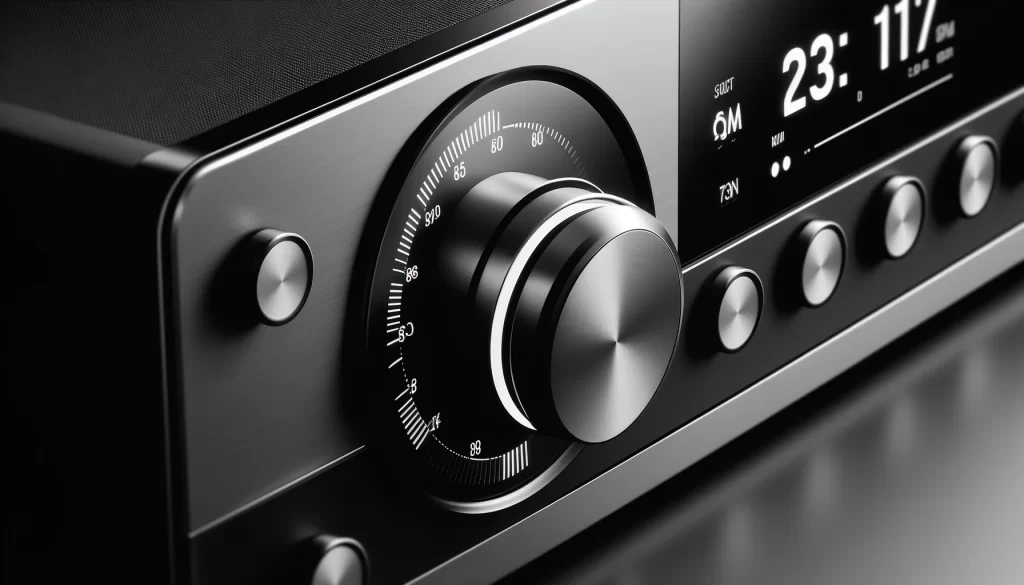Pirate radio stations played an instrumental role in the birth and growth of the grime scene in the UK. In the early 2000s, mainstream radio stations largely ignored grime, leading artists and DJs to create their own platforms. These illegal, unregulated stations broadcast from makeshift studios in council flats and tower blocks, often at great personal risk.
Stations like Rinse FM, Deja Vu, and Freeze FM became the lifeblood of grime, providing a space for new music to be shared and for artists to gain exposure. Rinse FM, founded by DJ Geeneus in 1994, was particularly influential, giving airtime to early grime pioneers like Wiley, Dizzee Rascal, and Kano. These stations operated on shoestring budgets, often facing shutdowns by authorities, but their impact was immeasurable.
Pirate radio not only allowed for the dissemination of grime music but also fostered a sense of community among artists and fans. Shows were interactive, with listeners calling in and texting shout-outs, creating a vibrant and engaged audience. These stations were also instrumental in the development of grime’s sound, with DJs experimenting with beats and MCs honing their lyrical skills in real-time.
The legacy of pirate radio is still felt today. Many of the genre’s biggest stars got their start on these stations, and the DIY ethos of pirate radio continues to influence the grime scene. Although many pirate stations have now transitioned to legal broadcasting or online platforms, their spirit of independence and innovation remains a cornerstone of grime culture. The story of pirate radio is a testament to the resilience and creativity of the grime community.


